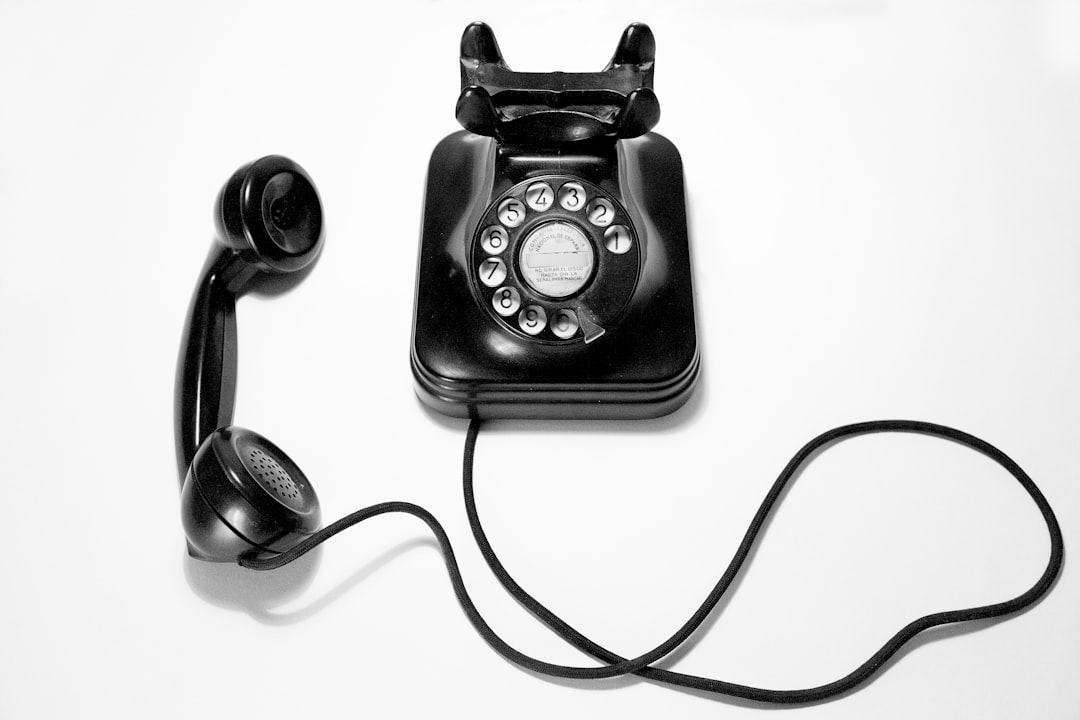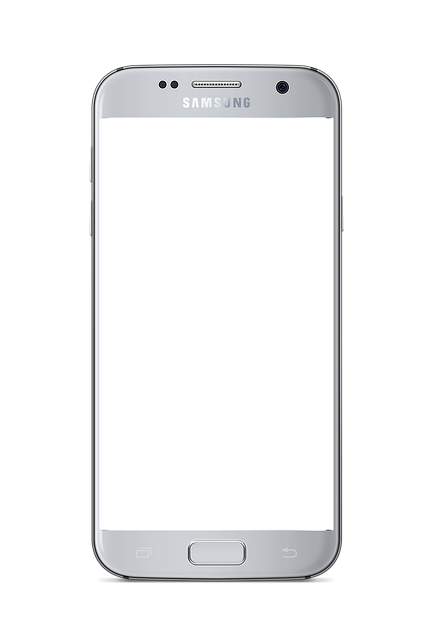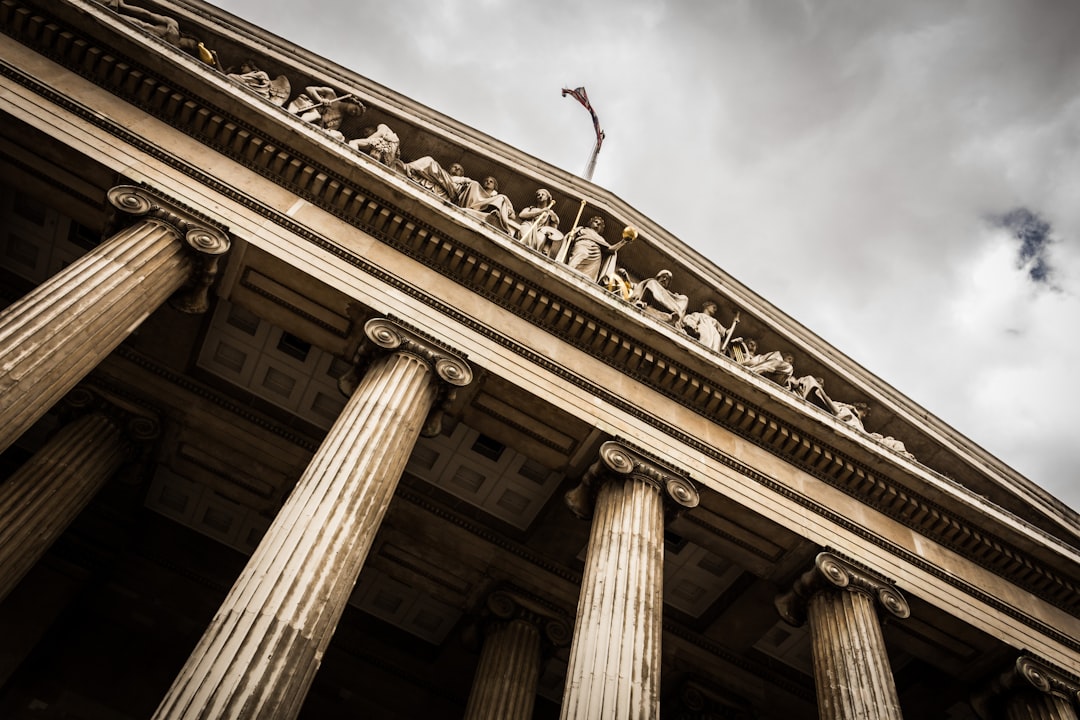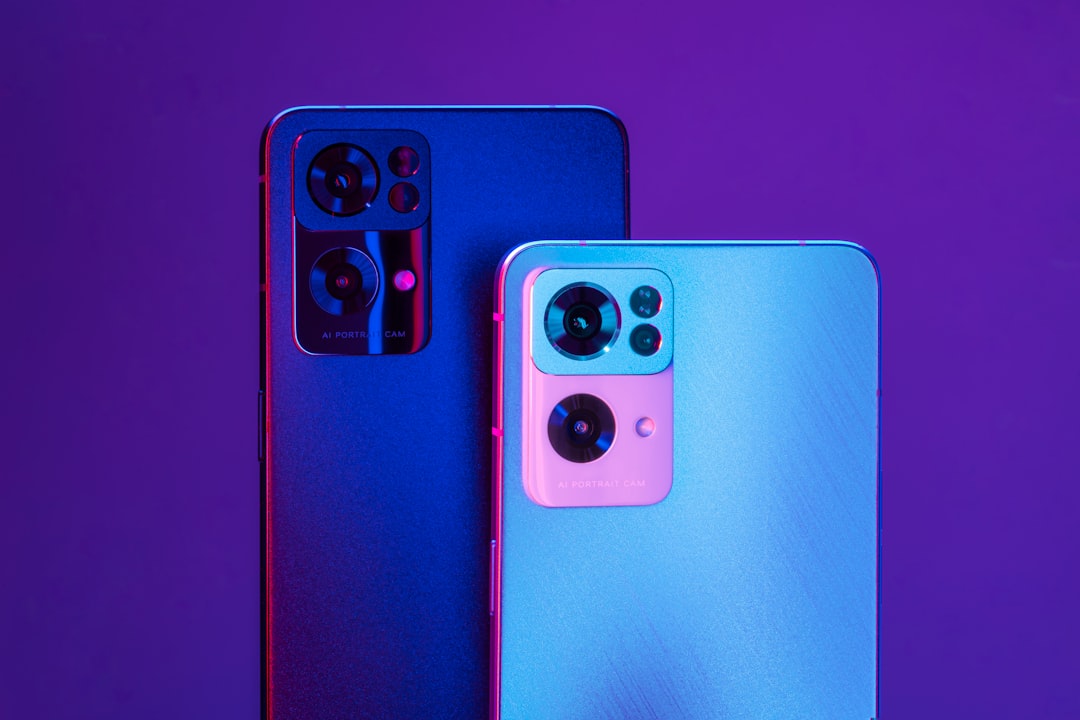South Dakota's Do Not Call (DNC) regulations require businesses in Pierre to verify recipients' status, offer opt-out options, and adhere to call rules to avoid legal issues. Exemptions exist for emergency, collections, and political calls. Building a reliable DNC list, using automated verification, training staff, and consulting a Do Not Call Lawyer South Dakota are essential for compliance and respect for consumer privacy. Non-compliance can lead to penalties, so following best practices and seeking expert guidance is crucial.
Pierre businesses face stringent Do Not Call (DNC) regulations in South Dakota, making compliance crucial. This article guides you through navigating these rules, ensuring your business stays within legal boundaries. We’ll explore key aspects such as understanding DNC laws specific to South Dakota, identifying allowable call types and exemptions, crafting an accurate do-not-call list, implementing rigorous phone number verification processes, and learning about penalties and best practices for compliance. For expert advice, consult a Do Not Call lawyer in South Dakota.
Understanding DNC Regulations in South Dakota

In South Dakota, the Do Not Call (DNC) list is a crucial regulatory framework designed to protect residents from unwanted telemarketing calls. Businesses operating in Pierre and across the state must navigate these regulations to ensure compliance and avoid legal repercussions. The DNC laws are enforced by the South Dakota Attorney General’s Office, which maintains the list and oversees its implementation.
Pierre businesses need to understand that the DNC list is not just a collection of phone numbers; it’s a symbol of consumer choice and privacy rights. Any business making telemarketing calls must first verify if the recipient is on the list. A simple “opt-out” option during initial contact is essential, allowing individuals to register their number for exclusion from future calls. Businesses should also be aware of specific rules regarding call timing, content, and frequency to ensure they respect the preferences and privacy of South Dakota residents, thus avoiding any need for a Do Not Call lawyer in South Dakota.
Identifying Permissible Call Types and Exemptions

Understanding the permissible call types and exemptions is a crucial step for Pierre businesses aiming to stay compliant with Do Not Call (DNC) regulations, particularly in South Dakota. Businesses must first recognize that not all calls are created equal; certain categories of calls are exempt from the restrictions imposed by DNC laws. For instance, outgoing calls made for emergency purposes, collections activities, or specific types of political campaigns are typically excluded.
Business owners should consult with a Do Not Call Lawyer in South Dakota to ensure they accurately identify these exemptions and adhere to the rules. This approach not only helps avoid legal repercussions but also ensures that businesses effectively target their communications, reaching the right audiences while respecting consumer preferences.
Building an Accurate Do-Not-Call List

Building a robust and accurate Do-Not-Call (DNC) list is a fundamental step for Pierre businesses aiming to stay compliant with regulations, especially with the assistance of a qualified Do Not Call Lawyer South Dakota. This list should be meticulously curated, ensuring it contains only valid, active phone numbers that meet the criteria set by the National Do Not Call Registry and state-specific guidelines. Regularly updating and maintaining this list is crucial, as telephone numbers can change hands or become inactive over time.
Businesses should implement efficient data collection methods, such as obtaining customer consent during interactions, using opt-in forms on websites, or verifying existing contacts through cross-referencing with reputable sources. Automating the process of syncing new and updated phone numbers from sales, marketing, and customer service systems to the DNC list can save time and reduce errors. This proactive approach not only helps businesses avoid legal pitfalls but also demonstrates their commitment to respecting consumer privacy preferences.
Implementing Robust Phone Number Verification Processes

To stay compliant with Do Not Call (DNC) regulations in South Dakota, Pierre businesses should implement robust phone number verification processes. This involves verifying that incoming calls are indeed from active, opt-in numbers on a regular basis. A reliable method is to use automated systems that check against national DNC registries and local opt-out lists. By integrating these checks into their customer engagement strategies, businesses can avoid accidentally contacting individuals who have opted out of marketing calls.
Additionally, training staff on proper call handling procedures is essential. Employees should be instructed to respect the “no call” status of numbers that appear on the DNC list and ensure that any future communications are explicitly consented to by the caller. This not only helps in maintaining compliance but also fosters a positive customer experience by demonstrating the company’s commitment to consumer privacy and preference.
Penalties and Best Practices for Compliance

Penalties for non-compliance with DNC regulations in Pierre, South Dakota, can be severe. Businesses that make calls to numbers on the Do Not Call registry face substantial fines and legal repercussions. The law is designed to protect consumers from unwanted telemarketing calls, and violating this privacy right can result in significant monetary penalties and damage to a company’s reputation.
To stay compliant, Pierre businesses should adopt best practices such as obtaining explicit consent before making any sales or marketing calls, maintaining detailed records of call activities, and training employees on the Do Not Call laws. Regularly reviewing and updating their telemarketing policies is crucial. Additionally, utilizing technology to automate call screening and blocking can help ensure compliance. Engaging a specialist in telemarketing law or consulting with a South Dakota-based Do Not Call lawyer can also provide valuable guidance tailored to local regulations.






